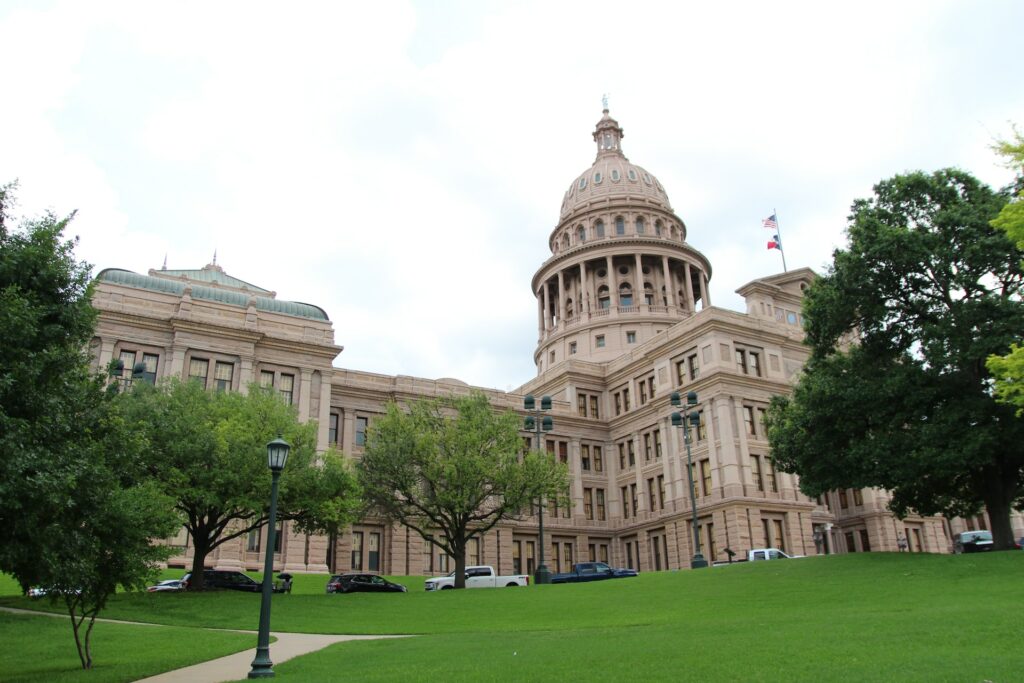
(Rightallegiance.com) – The Supreme Court ruled 6-3 on Friday to support former police officer Joseph Fischer’s bid to dismiss an obstruction charge. The ruling revolves around the interpretation of a statute aimed at obstruction of official proceedings, a charge lodged against many rioters, including Fischer, for their roles in disrupting Congress’ certification of President Joe Biden’s election victory.
The court’s decision hinges on the interpretation of 18 U.S. Code § 1512, a law originally crafted under the Sarbanes-Oxley Act of 2002 to address evidence tampering in the wake of the Enron scandal. Chief Justice John Roberts, writing for the majority, underscored that the law’s scope is narrower than what prosecutors had contended, emphasizing it primarily addresses actions involving evidence alteration or destruction. The justices determined that the statute’s wording limits its application to specific circumstances, not the broader range of behaviors prosecutors had sought to prosecute.
Attorney General Merrick Garland expressed disappointment with the ruling, highlighting its potential impact on the Justice Department’s efforts to hold January 6 rioters accountable. Garland noted the decision could curtail the department’s ability to pursue charges under the statute as broadly interpreted, although he asserted that the majority of cases would remain unaffected.
The case against Fischer, a former North Cornwall Township police officer, centers on allegations that he participated in breaching the Capitol and obstructed law enforcement efforts during the chaos. Video evidence presented in court showed Fischer allegedly urging on fellow rioters and identifying himself as a police officer when confronted by Capitol security personnel.
The Supreme Court’s ruling marks a significant setback for prosecutors handling the fallout from the January 6 insurrection. Critics of the decision argue it could limit the federal government’s ability to prosecute individuals accused of obstructing the certification of the 2020 presidential election results.
Chief Justice Roberts, joined by a majority that included both conservative and liberal justices, emphasized that the statute’s language must be interpreted narrowly to avoid criminalizing everyday behavior. Justice Ketanji Brown Jackson, in a separate opinion, suggested that Fischer’s actions could still fall under the narrower interpretation of the law, indicating a nuanced view within the court.
Despite the ruling in Fischer’s favor on the obstruction charge, he still faces multiple other criminal charges related to his actions during the Capitol riot, including assaulting a police officer and illegally entering a restricted building. These charges, unaffected by the Supreme Court decision, underscore the complexity and severity of the legal challenges faced by January 6 defendants.
The Supreme Court’s decision could have implications beyond Fischer’s case, potentially affecting hundreds of other pending January 6 cases. Legal experts anticipate that defense attorneys may cite the ruling in seeking to challenge obstruction charges against their clients, arguing for a more restrictive interpretation of the law.